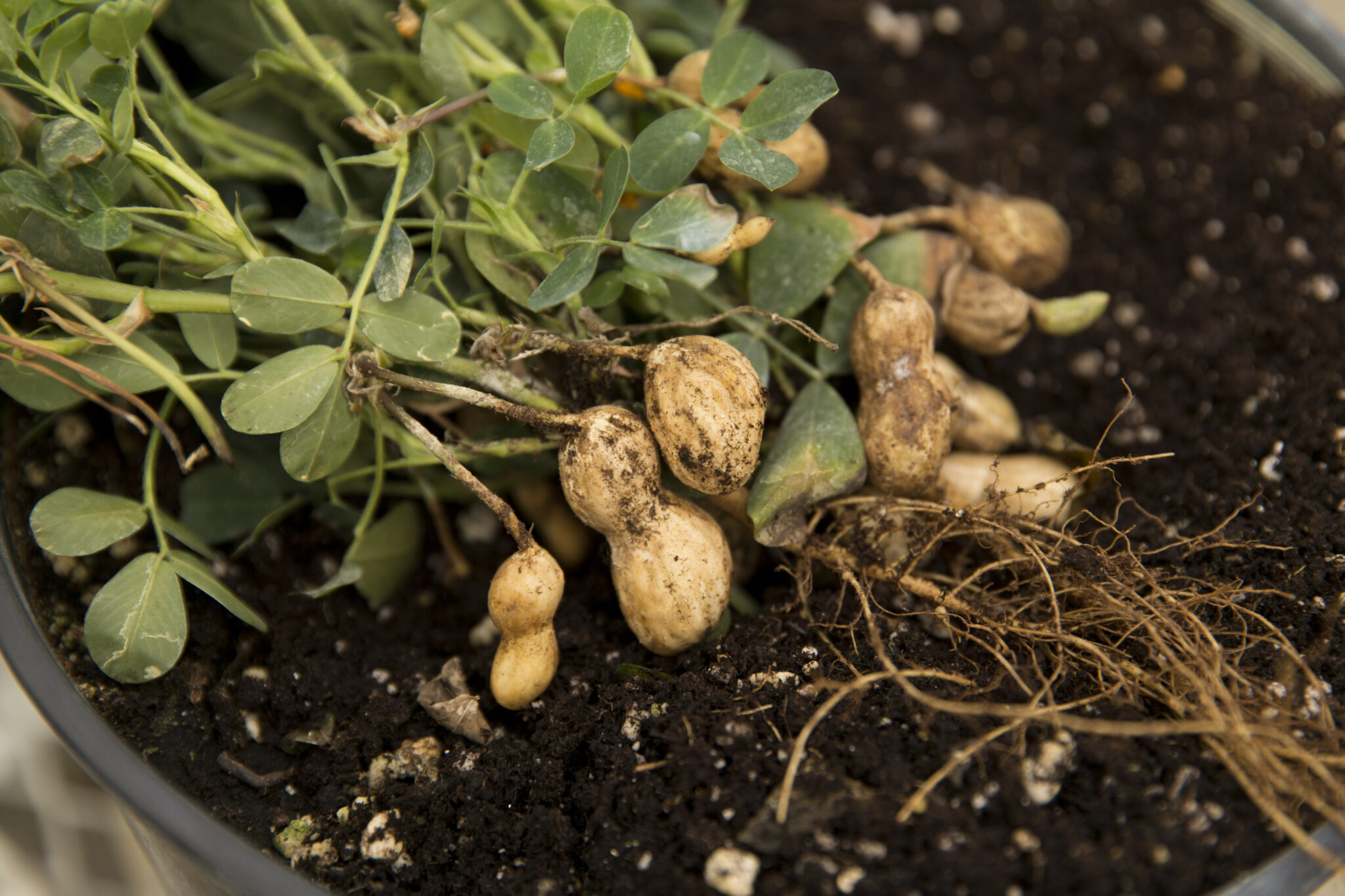By Stephanie Schupska
University of Georgia

Volume XXXII |
1. Check your plants often. "You can't just stand on your back porch with a cup of coffee and stare out at your garden," Macie said. "Touch the plants and turn the leaves over." Insect population growth can be so fast that you may not see them on one Saturday and they've taken over your plants on the next.
2. Know how to care for each plant. "People try to do one thing and think it's good for everything," she said. It may not be, so learn what each particular plant needs.
3. Don't plant plants that are known to have pest problems. "If you do plant one of those," she said, "make sure you take the time to take care of that insect, which can be a full-time project. Any time an insect is named after a plant, it's not a good sign."
4. Mulch your plants. "This helps prevent competition so the plant can be healthier," she said. "Use 3 to 4 inches of pine straw or nuggets around your plants. The larger the mulched area, the better."
5. Plant for your zone. "Blue spruce doesn't grow down here because it's too hot," she said. Georgia's plant hardiness zones range from a cool 6b in Young Harris to a sweltering 8b in Thomasville. Don't expect plants that aren't hardy in your zone to grow there just because you like them.
These steps will help keep your plants healthier, Macie said, so they can help you quell potential insect problems.
If you don't know what plant hardiness zone you live in or have other gardening questions, call your county UGA Extension office at 1-800-ASK-UGA1.
(Stephanie Schupska is a news editor for the University of Georgia College of Agricultural and Environmental Sciences.)






